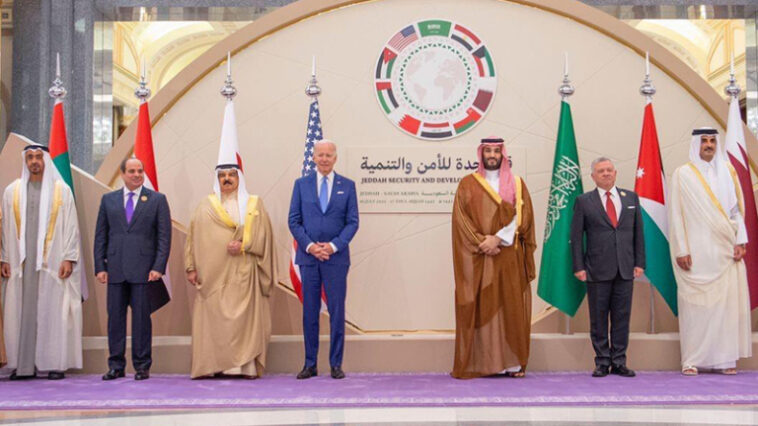The strained dynamics between Israel and Iran have amplified the already tenuous state of affairs in the Middle East. The immediate repercussions, such as military escalation, unsettling global energy markets, and deteriorating civilian safety, have predictably been the main focus of international press. Concurrently, another profound question emanates from capitals throughout the region. Is it possible that this flashpoint could be an impetus for the establishment of reconciliatory avenues between Israel and Arab nations? Could the disagreement between Israel and Iran cause regional powers to revaluate their perception of threats and restructure alliances?
In this environment, a gradual but potentially groundbreaking thaw in Arab-Israeli relations based on mutual interests could be a surprising, yet significant byproduct of the conflict. The eruption of this conflict entailed a progression of reciprocal attacks by Israel and Iran on each other’s territories. Although this engagement did not escalate to a full-blown regional war, it presented the Arab nations with alarming risks.
Iran’s labyrinth of proxies, including Hezbollah, Houthis in Yemen, and various militias in Iraq, posed threats to regional maritime channels, oil infrastructure, and cyber assets. The Gulf nations, notably Saudi Arabia and UAE, even though they weren’t a direct party to the conflict, found themselves impacted by financial repercussions and safety risks that strained the boundaries of their strategic independence.
These countries are coming to the understanding that fostering stronger strategic ties with Israel— emphasizing on areas such as cybersecurity, air defence, and maritime intelligence— is not merely advantageous, but essential. In this light, the conflict could serve as a ‘strategic jolt’ triggering hitherto reticent degrees of reconciliation between these powers.
The reaction of the UAE is a valuable case study here, as they sustained discrete collaboration with Israel on intelligence and logistics during the turbulence, with a heightened focus on mitigating interruptions in maritime freight. Similarly, it is purported that Saudi Arabia revived clandestine communication channels with Israeli security representatives, concentrating primarily on air defence synergy and techniques to neutralise Iranian drones.
These developments hint at an ongoing, albeit discreet, evolution in the structure of Arab-Israel security collaboration, even if the Abraham Accords might not officially extend in the near future. The most promising long-term ramification of this conflict might be the surge of a fresh brand of regionalism driven by security concerns.
Israel’s technological superiority, blended with the Gulf’s wealth and strategic location, could delineate the foundations for a flexible, inclusive architecture. This design might progressively engage a wider array of players, possibly even extending beyond Egypt, Jordan, and Iraq. While political normalisation might be slower in comparison, rapid advancements in security normalization could set the tone for new diplomatic relationships in the region.
The confrontation between Iran and Israel served as a catalyst; however, it holds the potential to also serve as a model framework. Then the space for cooperation founded on common security interests seems likely to grow in breadth. For the Arab states, the normalisation of relations with Israel need not be a clear-cut choice.
It is plausible that this transition could matriculate as a phased process, initially low-profile and issue-focused, and ultimately aspiring to regional integration. It’s clear that the sands are shifting quietly. This change might very well outline the shape of the future sociopolitical structure in the Middle East.

